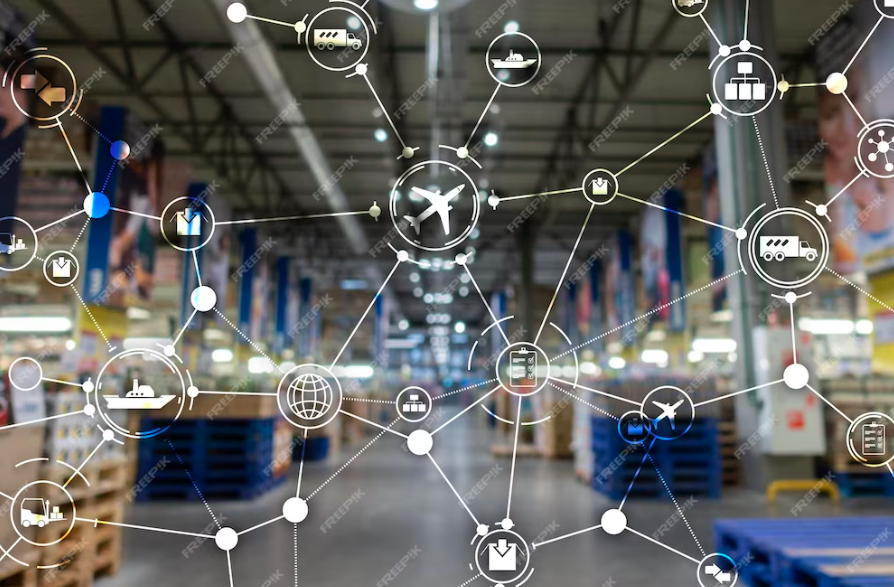How Blockchain Empowers Supply Chain Management - Transforming supply chain with blockchain

In the ever-evolving landscape of supply chain management, the integration of blockchain technology has emerged as a game-changer. This article delves into the profound impact of blockchain on supply chain processes and explores its transformative potential.
Understanding the Supply Chain Challenge
Modern supply chains are incredibly complex, involving numerous stakeholders, intricate processes, and a massive flow of goods and information. Traditional supply chain management systems have often struggled to keep pace with this complexity, leading to inefficiencies, errors, and costly delays.
The Power of Transparency and Traceability
Blockchain technology offers a paradigm shift by providing transparency and traceability throughout the supply chain. Through its decentralized ledger, every transaction and movement of goods can be securely recorded in real-time. This immutable record ensures that every party involved can access a single source of truth, reducing disputes and errors.
Diagram: Blockchain in Supply Chain
graph LR
A[Suppliers] --> B[Manufacturers]
B --> C[Distributors]
C --> D[Retailers]
D --> E[Consumers]
The diagram above illustrates how blockchain connects suppliers, manufacturers, distributors, retailers, and consumers, creating a seamless flow of information and goods.
Enhanced Security and Trust
One of the core strengths of blockchain is its security features. Each transaction is cryptographically linked to the previous one, making it nearly impossible for unauthorized parties to alter the data. This heightened security builds trust among supply chain partners, reducing the risk of fraud and counterfeiting.
Smart Contracts for Automation
Blockchain's smart contract capabilities further streamline supply chain operations. These self-executing contracts automatically trigger actions when predefined conditions are met. For example, when goods reach a certain location, payment can be automatically released. This automation reduces manual intervention, enhances efficiency, and minimizes delays.
Real-time Inventory Management
Efficient inventory management is vital for a smooth supply chain. Blockchain provides real-time visibility into inventory levels, helping companies optimize stock levels, reduce carrying costs, and prevent overstocking or stockouts.
Improved Supplier Relationships
With blockchain, supplier relationships can be strengthened. The transparent ledger allows for better monitoring of supplier performance and compliance with contractual obligations. This proactive approach fosters collaboration and can lead to negotiated cost reductions.
Sustainability and Ethical Sourcing
Consumers today are increasingly conscious of ethical and sustainable sourcing. Blockchain can track the origin and journey of products, providing consumers with assurance about the authenticity and ethical practices of the brands they choose.
Conclusion
Blockchain technology is poised to revolutionize supply chain management by offering transparency, security, automation, and improved relationships throughout the supply chain. Its potential to drive efficiency and build trust among stakeholders cannot be understated. As businesses embrace blockchain, they position themselves at the forefront of a new era in supply chain management, ready to meet the challenges of the future.
In the race to outrank competitors, embracing blockchain technology is not just an option; it's a necessity. Its transformative power will undoubtedly reshape the supply chain landscape, making it more efficient, secure, and responsive to the demands of a fast-paced world.


